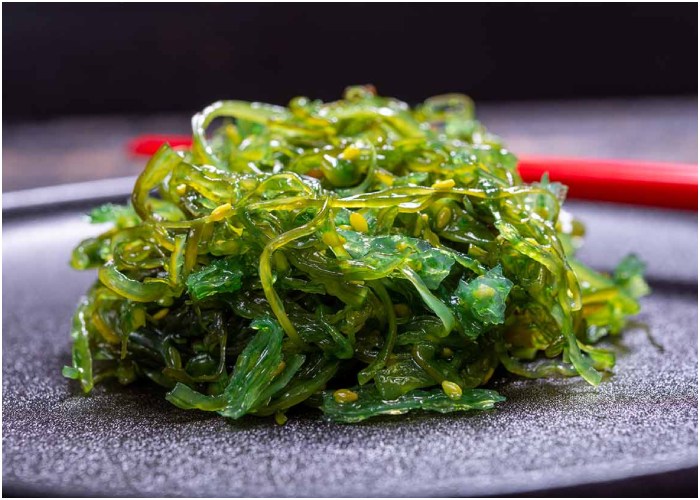In the pursuit of optimal health, the term “superfoods” has emerged as a beacon of hope for those seeking to enhance their dietary intake with foods that offer the most benefits per calorie. As modern agriculture has evolved, the nutrient density of our most fundamental foods—fruits, vegetables, legumes, and grains—has diminished.
What was once a simple apple now bears little resemblance to its nutrient-rich ancestors, prompting a shift towards foods that offer greater nutritional bang for the buck. Superfoods, a diverse group of plant-based foods known for their high micronutrient content, stand out in this context. They are not only vast and flavorful but also easily integrated into any diet, making them an exciting addition for anyone looking to revitalize their health through their eating habits.
Maqui Berry: The Antioxidant Behemoth
Hailing from South America, the maqui berry, also known as the Chilean wineberry, is distinguished by its unparalleled antioxidant capacity. With a value exceeding 600 ORAC units per gram, it offers more than ten times the antioxidant power of blackberries. This remarkable fruit is the subject of research for its potential to reduce inflammation, aid in arthritis management, suppress blood glucose spikes, and regulate cholesterol levels. Incorporating this tangy, bright-purple berry into your diet is as simple as mixing its powdered form into smoothies, juices, or oatmeal, making it a hassle-free superfood option.

Sea Vegetables: Nutritional Titans of the Ocean
Sea vegetables, or seaweeds, like nori, wakame, and kelp, belong to some of the Earth’s oldest living species and surpass any land vegetable in nutrient density. A mere quarter cup of kelp, for example, can provide over 16 percent of the recommended daily value of vitamin K and more than 276 percent of iodine. These nutrients are crucial for blood clotting, maintaining strong bones, and supporting thyroid health. Sea vegetables can be combined with various foods, eaten in salads, or enjoyed as dried snacks. However, due to their high iodine content, they should be consumed in moderation to avoid thyroid imbalances.
Cacao: The Heart-Healthy Chocolate
Cacao, the raw and natural form of chocolate, originates from South America where it was traditionally consumed as an unsweetened beverage. Unlike processed chocolate, cacao is a genuine superfood, boasting an ORAC antioxidant value of 950 per gram in just a 2.5 tablespoon serving. Research is exploring cacao’s role in reducing the risk of heart attacks and strokes, as well as its ability to enhance skin protection against UV damage. To enjoy the benefits of cacao, use its powder as a healthier alternative to unsweetened chocolate in desserts and smoothies, or snack on cacao nibs for a nutritious treat.